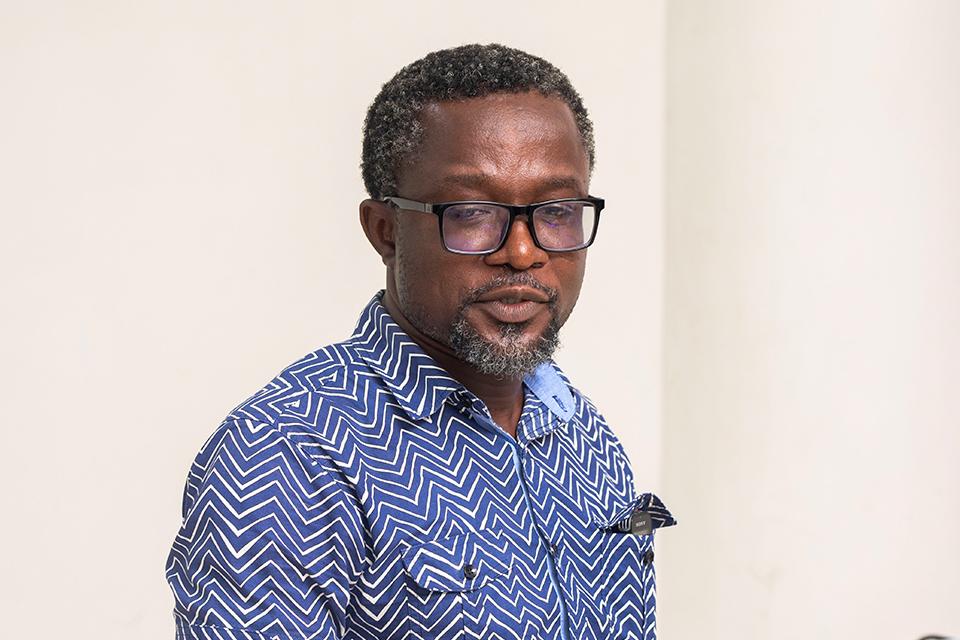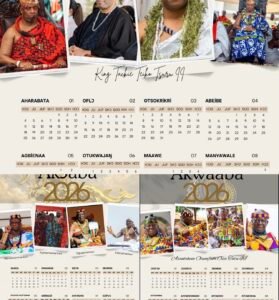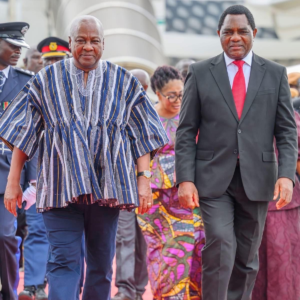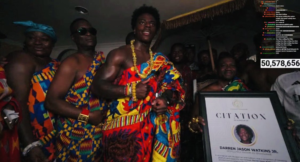
The Vice Dean of the School of Graduate Studies at the University of Education, Winneba, and keynote speaker for the 2025 edition of the Cultural Week Celebration, Professor Akwasi K. Amoako Gyampah, has called for the use of Ghanaian languages as the medium of instruction, not only at the lower primary level but throughout the entire primary education system. He emphasized that such a move would enhance effective teaching and learning, stressing that primary education forms the foundation of every nation’s human resource development.
Currently, Ghana’s language policy of education directs that pupils in Kindergarten to Primary Three be taught in a Ghanaian language, while English is introduced as a subject. From Primary Four onwards, English then becomes the official medium of instruction and Ghanaian language as a subject. Although this policy recognizes the importance of Ghanaian languages at the foundational stages, its implementation has faced several challenges, including varying attitudes towards the value of indigenous languages in formal education amongnt others.
Professor Gyampah, however, maintained that restricting the use of Ghanaian languages to only the lower primary level is not enough. Delivering his keynote address at the grand durbar of the 2025 Cultural Week Celebration at the UEW Ajumako Campus, he emphasized that extending their use as the medium of instruction throughout the entire primary education will enable children to grasp concepts more easily, build confidence in learning, and strengthen their cultural identity. He further explained that a solid foundation in the mother tongue makes the transition to English or any other language at higher levels of education smoother and more effective.
Educational experts and cultural advocates have long debated the policy, with some supporting the current arrangement as a balanced approach, while others, like Prof. Gyampah, see a need for reform that places Ghanaian languages at the heart of early and sustained education.
Prof. Gyampah also highlighted the relevance of Ghanaian languages beyond the classroom, pointing to their importance in sectors such as health, agriculture, and science and technology. He explained that Ghanaian languages cut across barriers and remain vital tools that the nation must embrace if it is to achieve meaningful development in these areas.
He stressed that these languages are not only key to preserving cultural identity but also serve as strong instruments for national growth. According to him, they improve teaching and learning, promote clearer communication, and enhance effective understanding among citizens.
The Cultural Week Celebration is an annual event organized by the College of Ghanaian Languages Education of the University of Education, Winneba. It serves as a platform to promote unity among the various departments and ethnic groups on campus through rich cultural displays, food bazaars, traditional games, quizzes, and other activities that showcase Ghana’s heritage. This year’s edition was held on the theme “Language as a Cultural Heritage and Its Place in National Development,” highlighting the crucial role of indigenous languages in fostering identity, cohesion, and national progress.
Editor: Ama Gyesiwaa Quansah





